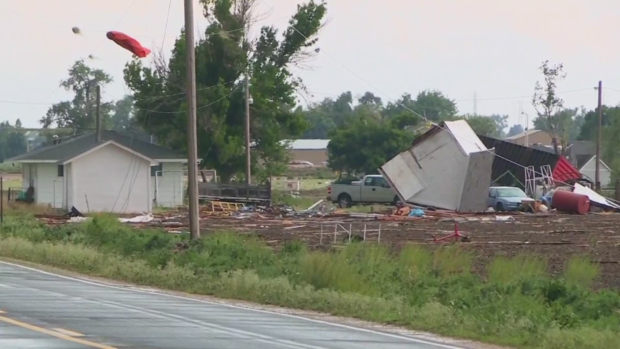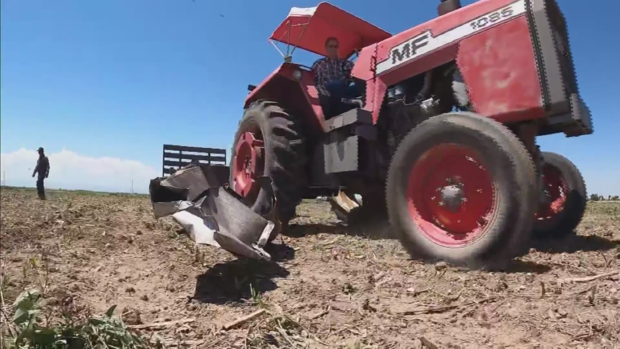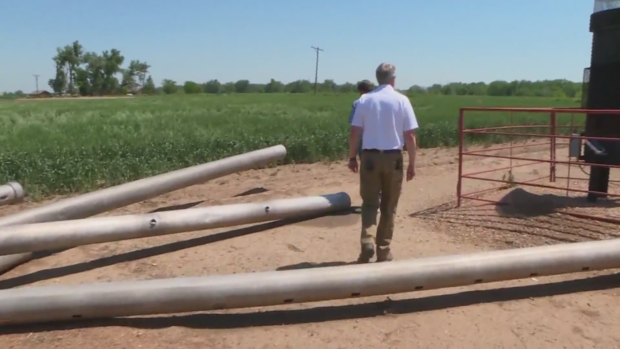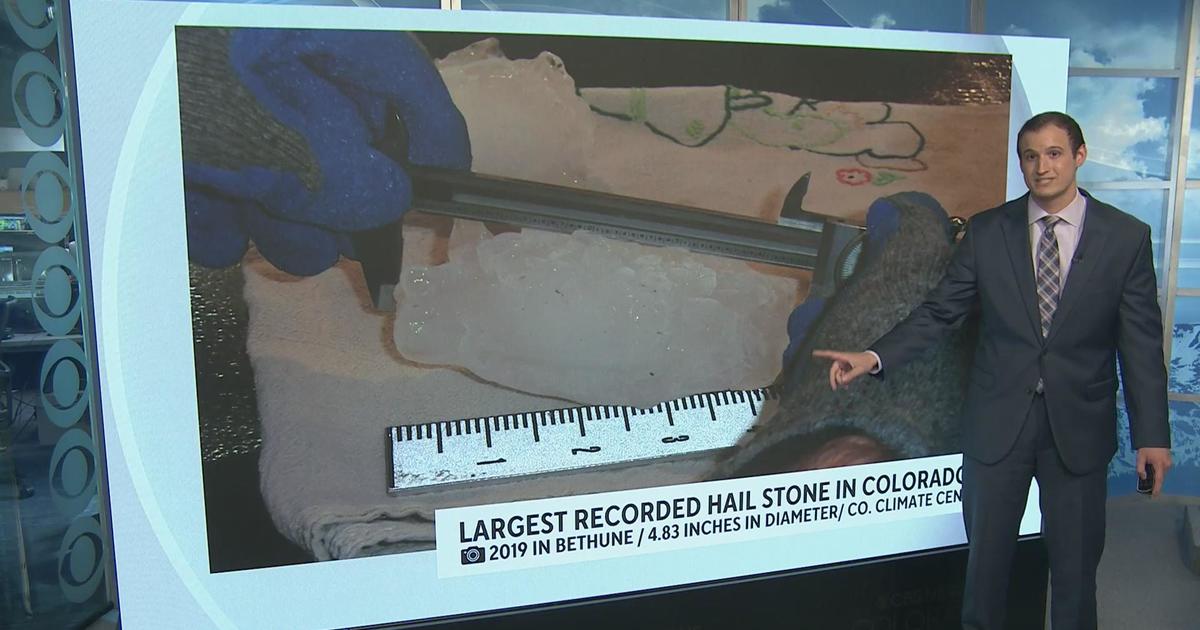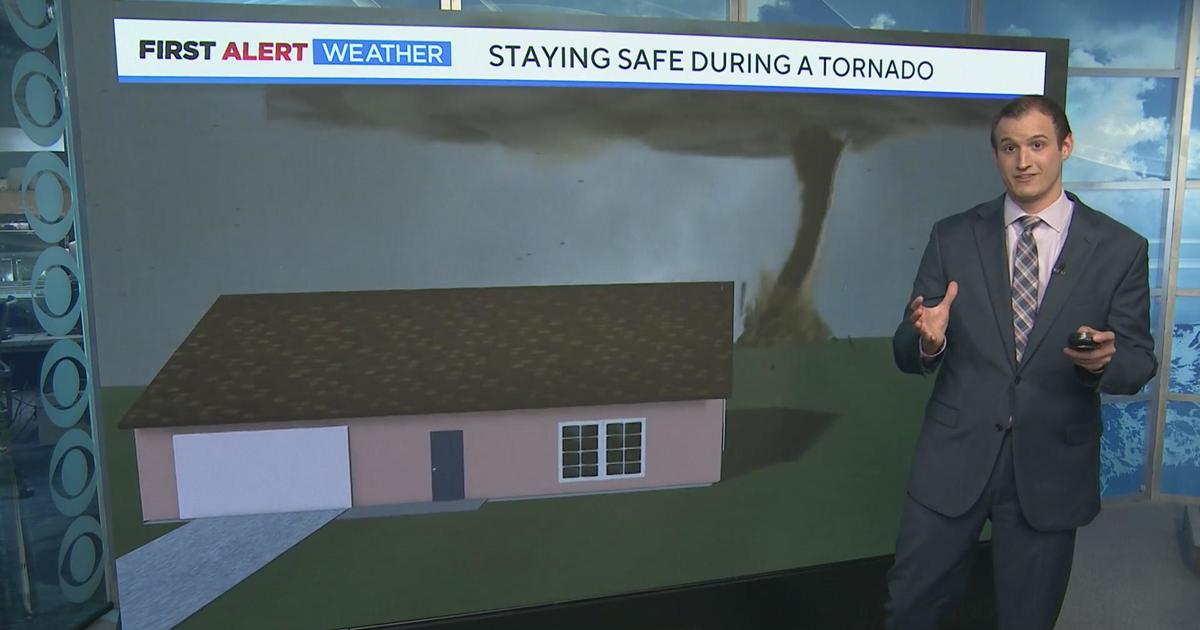'It Left A Wake Of Trash': Farmers Say Colorado Tornado Could Be Dangerous For Local Food Supply
WELD COUNTY, Colo. (CBS4) – Experts with the National Weather Service have ruled the land spout that damaged property on Monday was an EF-1 tornado, likely with winds topping around 100 miles per hour. The tornado didn't cause injuries or claim human life, but it did cause significant damage to nearby properties in the rural portions of southwestern Weld County.
"We're out here today to document the tornado, where did it begin and where did it end? What time? How wide was it? How strong was it?" said Greg Hanson of the National Weather Service.
Hanson said the debris, combined with patterns seen within damaged crops, helped those surveying the area determine the type and strength of the storm.
As the team combed the area looking for evidence to support their findings, which will ultimately be provided for historical data, nearby farmers were doing their best to save their crops.
Farmer Scott Meining told CBS4's Dillon Thomas it was critical that his land be cleared of debris. If debris is caught in machinery, it could damage the machine, contaminate food and potentially even kill livestock.
"As [the tornado[ started losing momentum things started falling out. It left a wake of trash," Meining said. "Now we have to come out and pick this up."
Meining was working on a tractor on his property as the tornado ripped through near his land. Video first obtained and aired by CBS4, recorded by Meining, showed a massive spout of dirt slowly crawling across the surface for more than 30 minutes.
Meining took cover as trash cans, tool boxes, barrels and even a kitchen sink fell from the sky.
"If we don't pick up the trash the ditcher will pick it up and tear out corn," Meining said. "There's a lot of things out here that could really mess up the equipment, not to mention the crops, too."
Meining's properties are currently in the process of growing oats and corn. Seeing debris throughout the corn field is more simple as the seeds were planted in lines. Those lines then allow water to flow properly in the dirt.
However, the oats are thicker and closer together. Debris not visible to the naked eye could be dangerous below the canopy. Machinery could tear it up and leave small particles in the feed for cows, or product that could be sold for oatmeal.
Meining said he understood why people were so mesmerized by the tornado, especially those in the Denver metro area who could see it from a distance. However, he said it did cause challenges which many without rural lives may not understand.
"Some things that are big issues to us don't register to those who live in town," Meining said.
